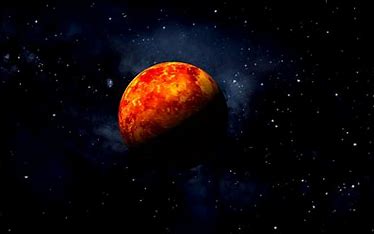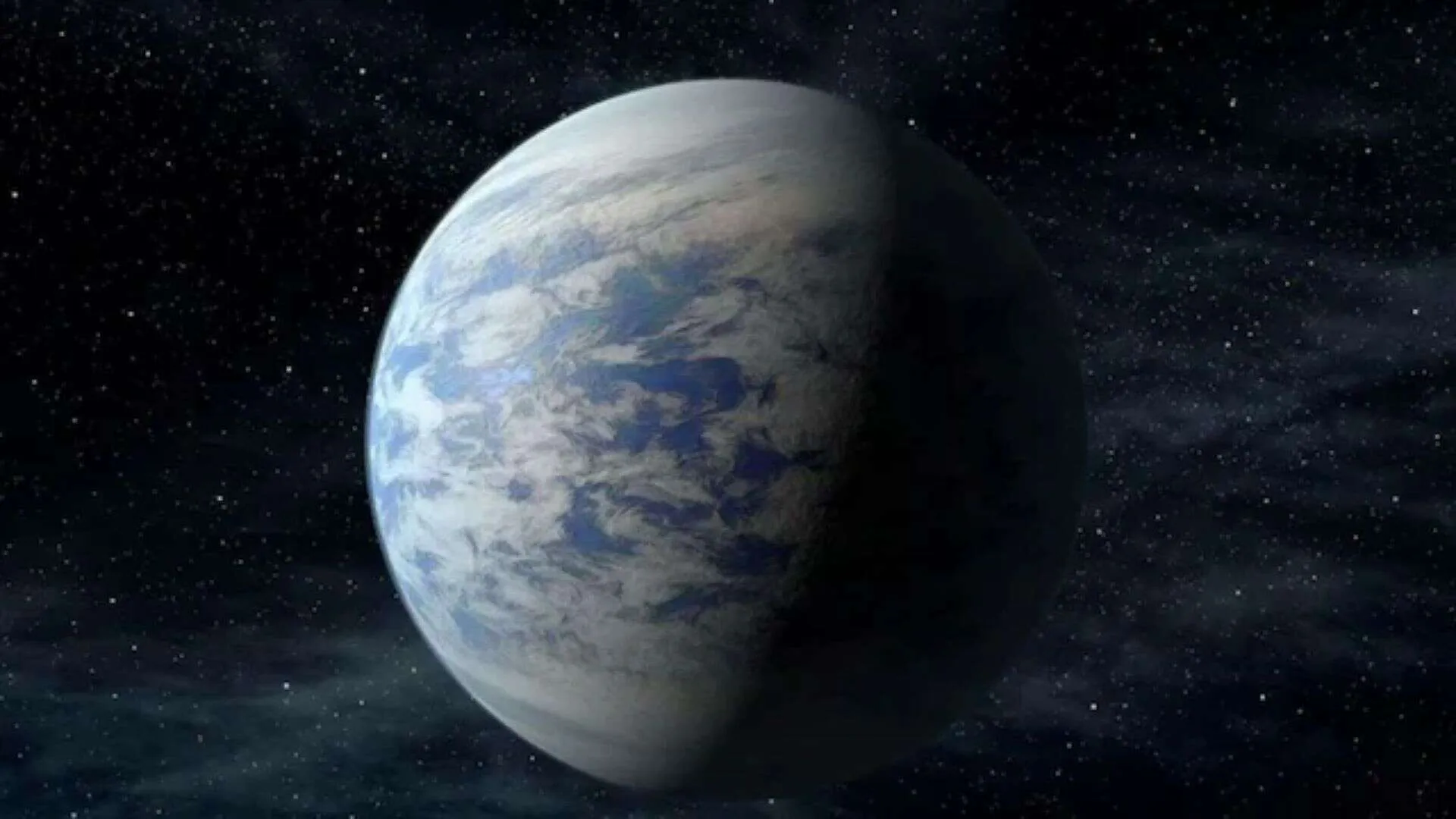Venus, often called Earth’s twin due to its similar size and rocky composition, has long intrigued scientists. While Earth is an ocean-rich planet with water covering 71% of its surface, Venus presents a starkly different picture. New research published in Nature Astronomy concludes that Venus likely never had oceans, pointing to a dry interior and parched surface.
Key Findings:
Dry Interior, No Liquid Oceans
The study, led by Tereza Constantinou from the University of Cambridge, analyzed the water content in Venus’ atmosphere to infer its interior composition. Findings revealed that:
- Volcanic Emissions: Venusian volcanic gases contain only about 6% water vapor, compared to Earth’s 60%.
- Magma and Mantle Clues: The lack of water-rich magma indicates a dry planetary interior.
- Conclusion: Venus’ surface was likely dry from its molten, early history and never supported liquid water.
Constantinou explained,
“The atmospheric chemistry suggests Venus’ volcanic eruptions release very little water, consistent with a long-lasting dry surface.”
Two Competing Theories
Scientists had previously debated Venus’ history regarding water:
- Temperate Venus: A theory suggesting Venus once had a stable climate and surface oceans for billions of years.
- Hot Venus: The new research supports the idea that Venus’ high early temperatures prevented water from condensing into oceans.
Comparison to Earth and Mars
Venus and Earth are similar in mass, size, and distance from the Sun, yet their evolutionary paths diverged dramatically:
- Earth: Ocean-rich and habitable.
- Venus: Harsh surface conditions, including:
- Atmospheric pressure 90 times that of Earth.
- Surface temperatures around 465°C (869°F).
- A toxic atmosphere with sulfuric acid clouds.
Mars, in contrast, has evidence of ancient oceans and may still hold water deep underground, according to NASA’s InSight mission findings.
Future Exploration of Venus
While Venus has been less studied than Mars, upcoming missions aim to deepen our understanding:
- NASA’s DAVINCI Mission (2030s): To explore Venus’ atmosphere and surface with flybys and a descent probe.
- ESA’s EnVision Mission (2030s): Will use radar mapping and atmospheric studies to investigate Venus’ history.
Importance of the Findings
Venus serves as a natural laboratory for studying planetary habitability. These findings emphasize its stark contrasts with Earth and underscore the role of water in shaping planetary environments.
Constantinou concluded,
“Venus offers valuable insights into how habitability—or the lack of it—evolves over time.”























